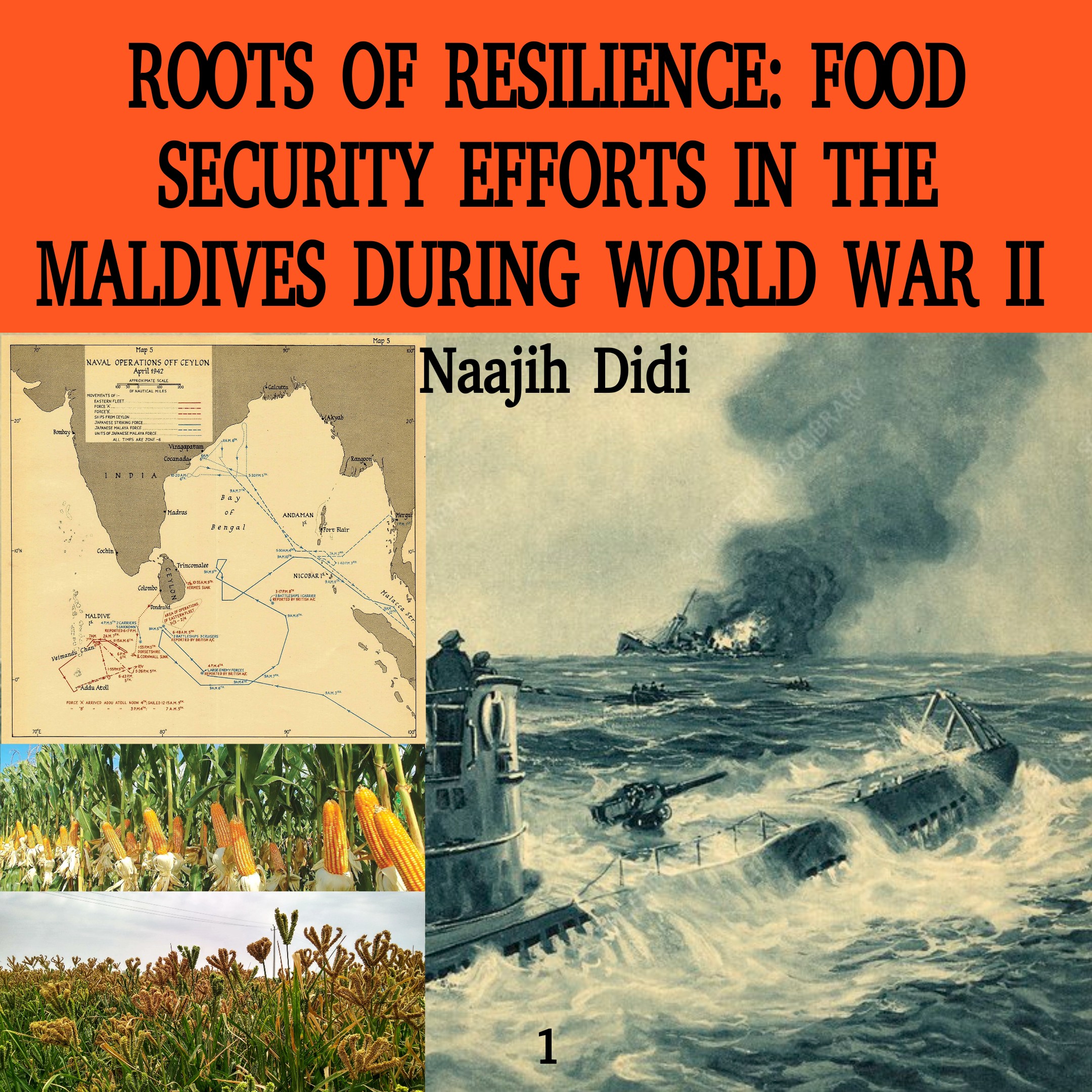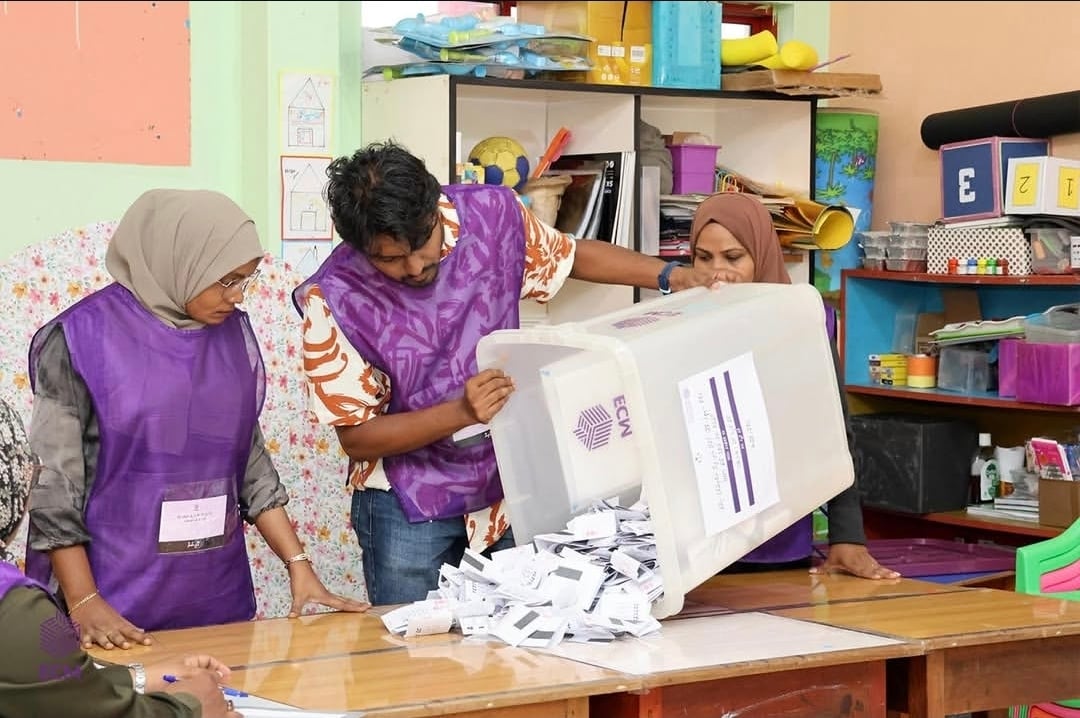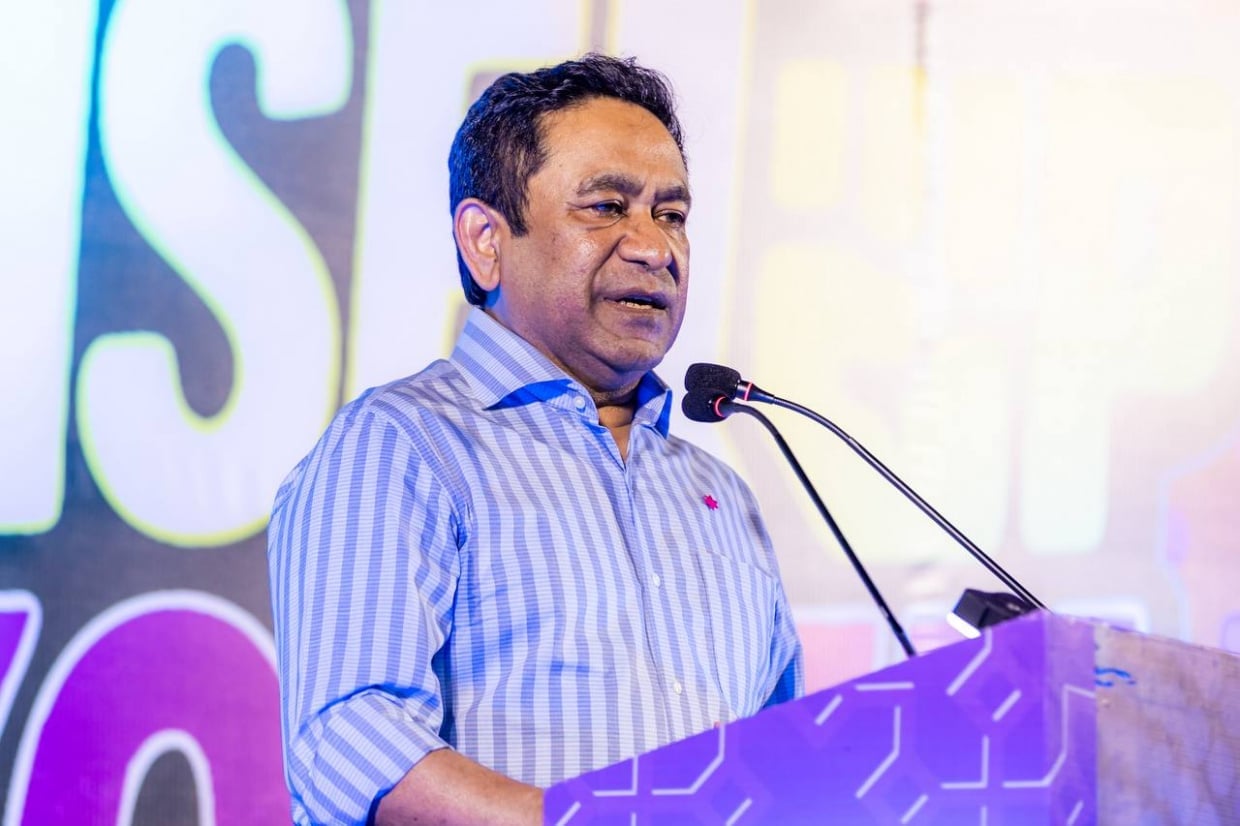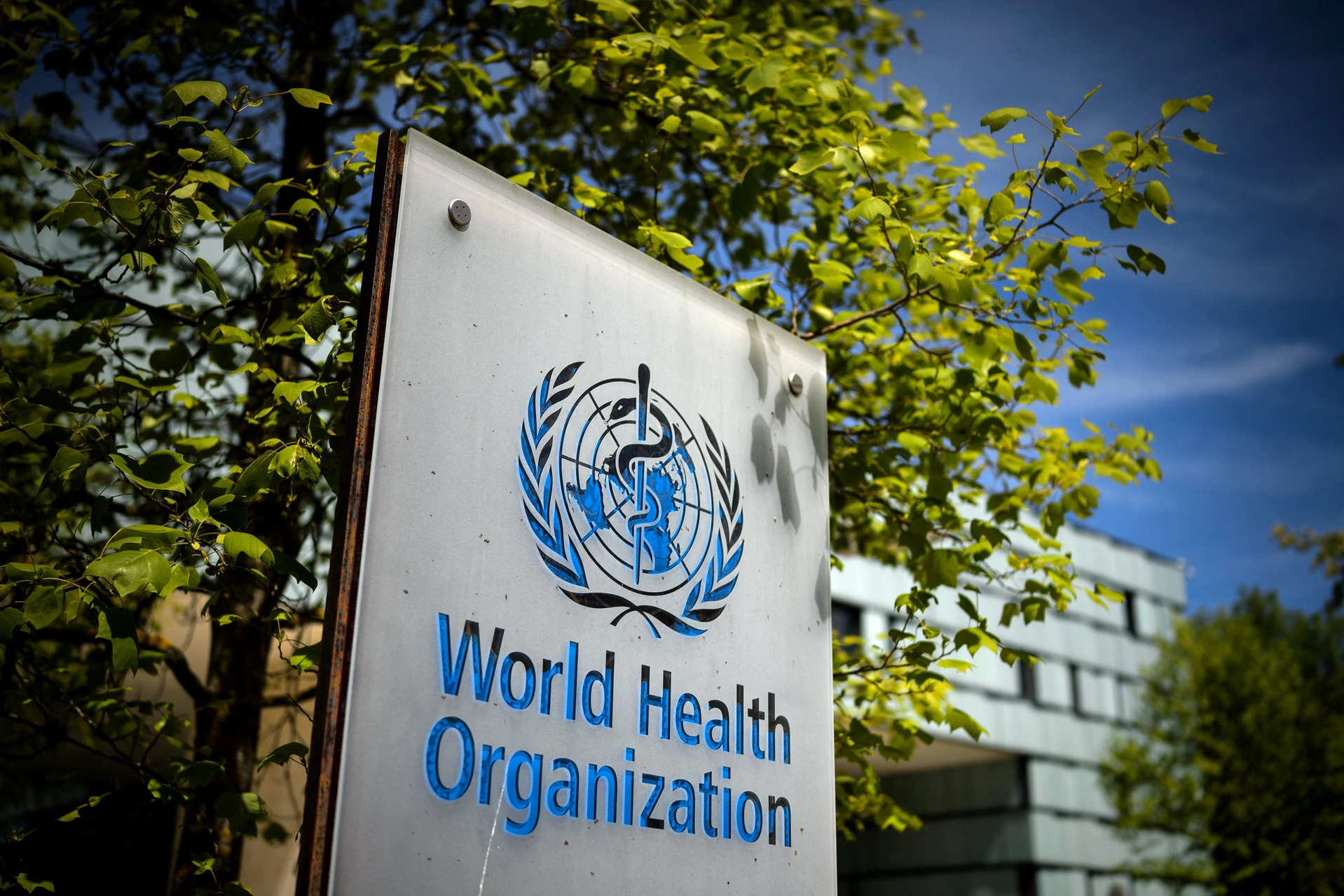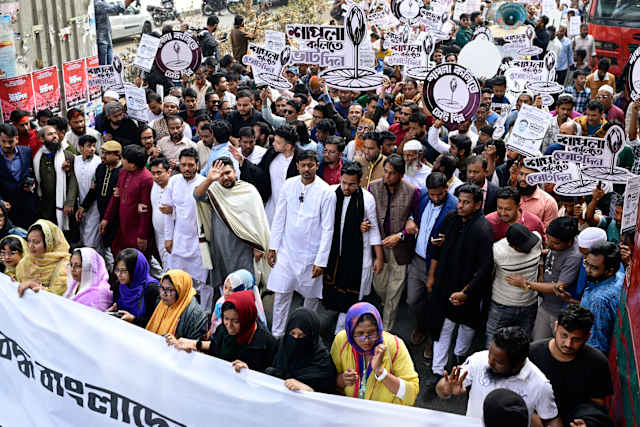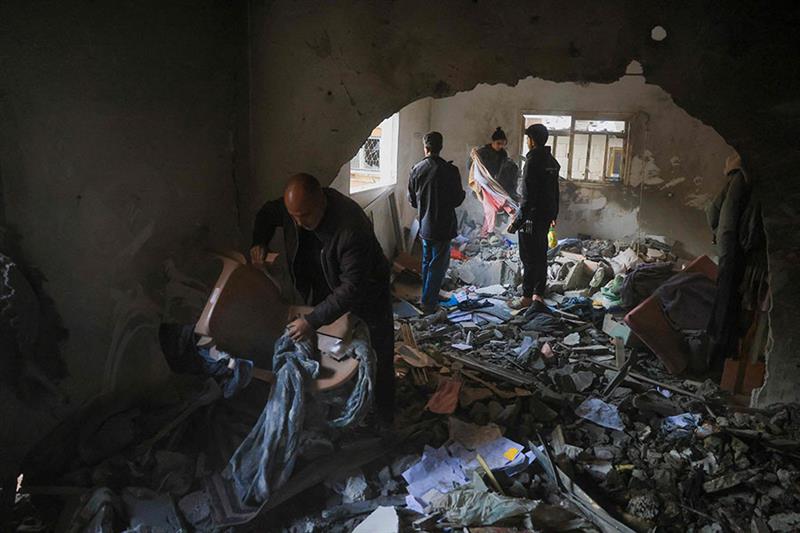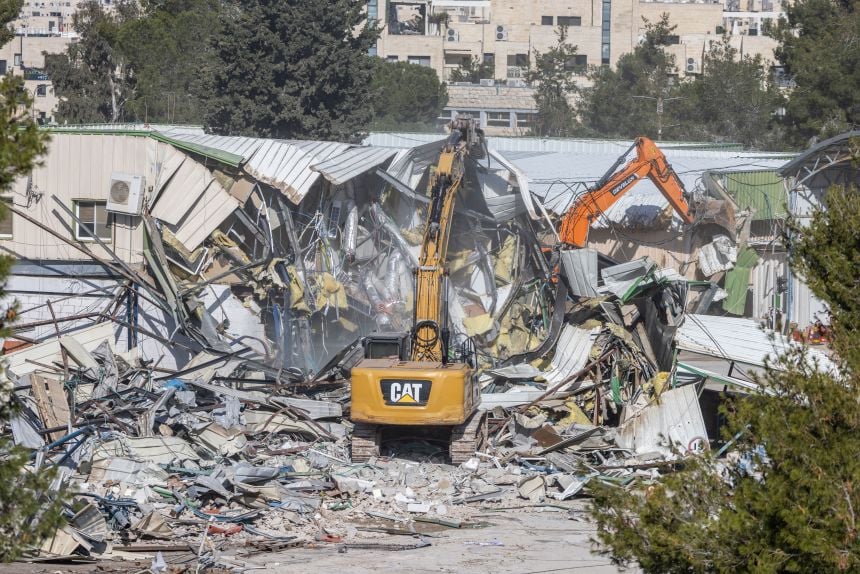During ancient times, the Maldivian people thrived on locally grown food, sustaining their communities with the bounty of their islands. As time passed, the Maldives began importing food and goods from distant lands, carried across the seas in their own vessels. However, the outbreak of World War II brought unprecedented challenges, disrupting imports and causing shortages and rising prices. In response, the Maldivian government took thoughtful and inspiring measures to guide the nation through these hardships, fostering unity and self-reliance.
To address the scarcity of food, the government launched a heartfelt campaign to encourage every inhabited island to cultivate food-producing plants and embrace frugality. Dedicated emissaries were dispatched to every corner of the Maldives, sharing guidance with communities and distributing printed advice to inspire action. On January 3, 1942, Eggamugey Ibrahim Ali Didi and Maadhoogey Ahmed Kaleygefaanu embarked on a mission to advise the northern islands, completing their outreach by February 26, 1942. Similarly, on March 9, 1942, Kakaagey Ibrahim Hilmy Didi and Maadhoogey Ahmed Kaleygefaanu traveled to the southern islands, wrapping up their efforts by April 30, 1942.
The response was remarkable. Across the Maldives, communities embraced the call to action with enthusiasm, transforming empty plots, residential spaces, and vacant lands into thriving gardens. In Male’, each of the four Avah (wards) cultivated crops in areas empty spaces on their private plots and in Bandaara (government) lands, even around the palace. The island of Hulhule was allocated to the people of Henveyru Avah, who planted finger millet, while Villingili was designated for Maafannu Avah, where similar crops flourished.
As rice became scarce in 1942, the government introduced a rationing system, ensuring each person received half a laahi (about 100 grams) per meal. Households in Male’ were issued cards to manage rice purchases fairly. The Department of Trade also took steps to control the prices of essential goods, easing the burden on families.
During this period, Sultan Hassan Nooraddin II graced the throne, with Al-Ameer Mohamed Fareed Didi serving as Prime Minister. Though these roles were largely symbolic, the real leadership rested with the State Governing Council, led by the Minister of Home Affairs, Al-Ameer Hassan Fareed Didi. The council included esteemed members such as Mohamed Amin Didi, Al-Ameer Ali Kuda Rannaban'deyri Kilegefaanu, Chief Justice Hussain Salahuddeen, Velaanaagey Mohamed Didi, and Kalhuhuraagey Tuttu Seedi.
On January 12, 1942, when Hassan Fareed Didi requested leave, the council appointed Mohamed Amin Didi, then head of the Department of Home Affairs, to oversee government operations in an acting capacity. Hassan Fareed Didi stepped back from the council, and Mohamed Amin Didi also took on interim leadership of the Finance and Public Safety Departments, in addition to his existing roles in the Trade and Health Departments. A meticulous inventory of the Finance Department’s assets was conducted on April 3, 1942, overseen by Mohamed Amin Didi, Hassan Fareed Didi, Ali Kuda Rannabandeyri Kilegefaanu, and Velaanaagey Ibrahim Didi. The keys to the treasury were entrusted to Mohamed Amin Didi and his colleagues, securely stored at Muleeaage.
To further strengthen leadership, on January 31, 1942, Henveyrugey Ahmed Kamil Didi, the Attorney General and head of the Education Department, joined the State Governing Council, alongside Eggamugey Ibrahim Ali Didi and Kakaagey Ibrahim Hilmy Didi. In a bold move to streamline resources, the council decided on May 9, 1942, to reduce government jobs and salaries by one-fifth starting the following month (Jumada al-Awwal 1361 AH), ensuring fiscal responsibility during these trying times.
During this period, the Maldives implemented several measures to address wartime challenges. Later, additional steps were taken, including significant changes to state positions. While some reforms proved effective, others faced setbacks. Despite these obstacles, the resilient Maldivian people united to overcome the difficulties, showcasing their enduring strength and adaptability.
To address the scarcity of food, the government launched a heartfelt campaign to encourage every inhabited island to cultivate food-producing plants and embrace frugality. Dedicated emissaries were dispatched to every corner of the Maldives, sharing guidance with communities and distributing printed advice to inspire action. On January 3, 1942, Eggamugey Ibrahim Ali Didi and Maadhoogey Ahmed Kaleygefaanu embarked on a mission to advise the northern islands, completing their outreach by February 26, 1942. Similarly, on March 9, 1942, Kakaagey Ibrahim Hilmy Didi and Maadhoogey Ahmed Kaleygefaanu traveled to the southern islands, wrapping up their efforts by April 30, 1942.
The response was remarkable. Across the Maldives, communities embraced the call to action with enthusiasm, transforming empty plots, residential spaces, and vacant lands into thriving gardens. In Male’, each of the four Avah (wards) cultivated crops in areas empty spaces on their private plots and in Bandaara (government) lands, even around the palace. The island of Hulhule was allocated to the people of Henveyru Avah, who planted finger millet, while Villingili was designated for Maafannu Avah, where similar crops flourished.
As rice became scarce in 1942, the government introduced a rationing system, ensuring each person received half a laahi (about 100 grams) per meal. Households in Male’ were issued cards to manage rice purchases fairly. The Department of Trade also took steps to control the prices of essential goods, easing the burden on families.
During this period, Sultan Hassan Nooraddin II graced the throne, with Al-Ameer Mohamed Fareed Didi serving as Prime Minister. Though these roles were largely symbolic, the real leadership rested with the State Governing Council, led by the Minister of Home Affairs, Al-Ameer Hassan Fareed Didi. The council included esteemed members such as Mohamed Amin Didi, Al-Ameer Ali Kuda Rannaban'deyri Kilegefaanu, Chief Justice Hussain Salahuddeen, Velaanaagey Mohamed Didi, and Kalhuhuraagey Tuttu Seedi.
On January 12, 1942, when Hassan Fareed Didi requested leave, the council appointed Mohamed Amin Didi, then head of the Department of Home Affairs, to oversee government operations in an acting capacity. Hassan Fareed Didi stepped back from the council, and Mohamed Amin Didi also took on interim leadership of the Finance and Public Safety Departments, in addition to his existing roles in the Trade and Health Departments. A meticulous inventory of the Finance Department’s assets was conducted on April 3, 1942, overseen by Mohamed Amin Didi, Hassan Fareed Didi, Ali Kuda Rannabandeyri Kilegefaanu, and Velaanaagey Ibrahim Didi. The keys to the treasury were entrusted to Mohamed Amin Didi and his colleagues, securely stored at Muleeaage.
To further strengthen leadership, on January 31, 1942, Henveyrugey Ahmed Kamil Didi, the Attorney General and head of the Education Department, joined the State Governing Council, alongside Eggamugey Ibrahim Ali Didi and Kakaagey Ibrahim Hilmy Didi. In a bold move to streamline resources, the council decided on May 9, 1942, to reduce government jobs and salaries by one-fifth starting the following month (Jumada al-Awwal 1361 AH), ensuring fiscal responsibility during these trying times.
During this period, the Maldives implemented several measures to address wartime challenges. Later, additional steps were taken, including significant changes to state positions. While some reforms proved effective, others faced setbacks. Despite these obstacles, the resilient Maldivian people united to overcome the difficulties, showcasing their enduring strength and adaptability.



